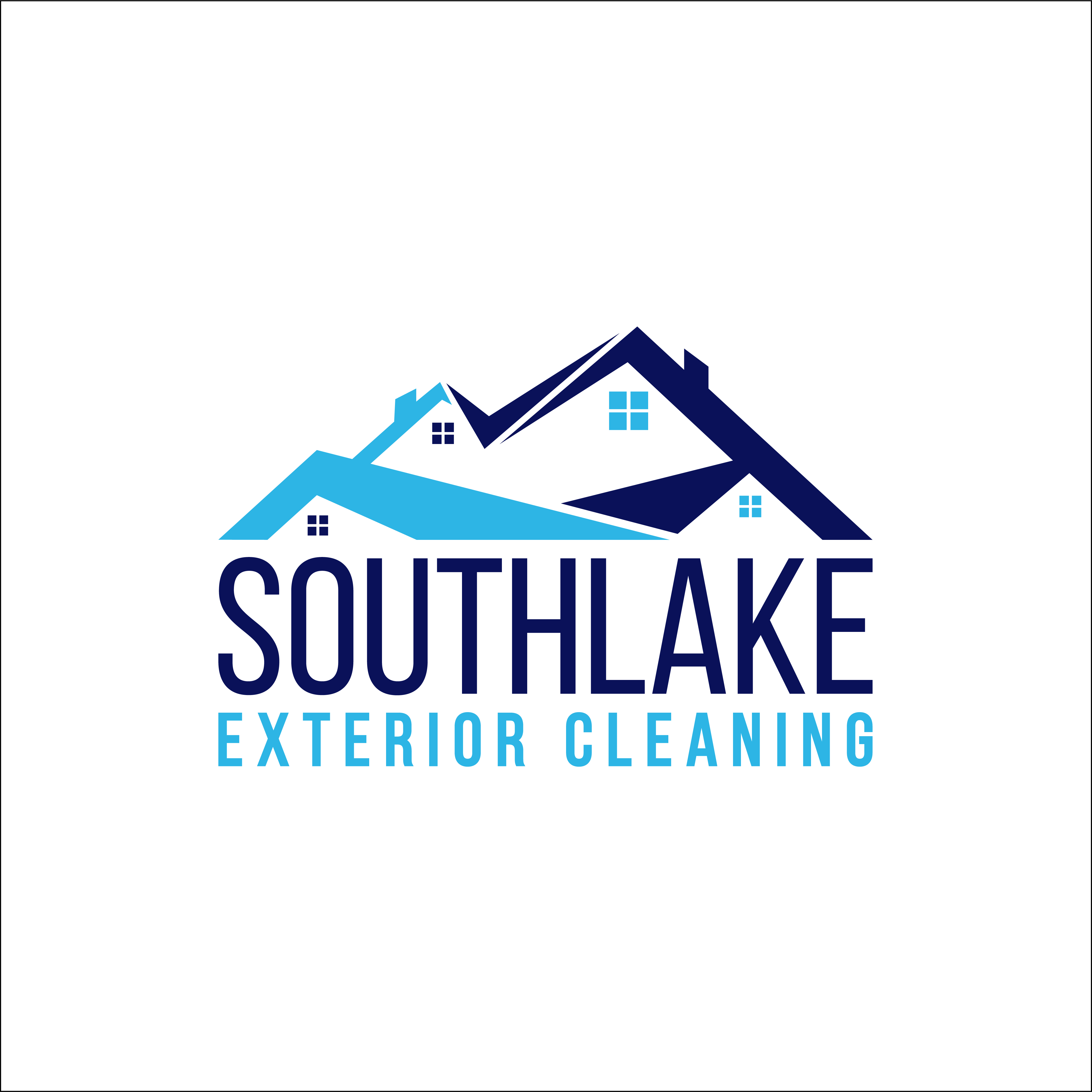When it comes to cleaning the exterior of your home or business, two popular methods often come to mind: soft washing and pressure washing. While both techniques are effective in removing dirt, grime, and stains, they differ significantly in terms of their applications and the surfaces they’re best suited for. Understanding the differences between soft washing and pressure washing is crucial to making the right choice for your cleaning needs. In this comprehensive guide, we’ll explore the ins and outs of both methods, helping you determine which one is the perfect fit for your specific situation.
Soft Washing: A Gentle Approach to Cleaning
Soft washing is a gentle, low-pressure method of cleaning exteriors, primarily using a specialized cleaning solution, water, and minimal pressure. This technique is ideal for delicate surfaces, such as:
- Roof Shingles: Soft washing is the go-to method for safely and effectively cleaning and treating roof shingles. It eliminates black streaks, moss, algae, and lichen without causing damage.
- Siding: For vinyl, stucco, wood, and other sidings, soft washing is an excellent choice. It removes dirt, mold, mildew, and other contaminants without harming the surface.
- Decks and Fences: Soft washing can revive the beauty of wooden decks and fences, eliminating grime and mildew while preserving the wood’s integrity.
- Delicate Landscaping: Soft washing is gentle on landscaping features like delicate plants, flowers, and shrubs, as it minimizes overspray.
Benefits of Soft Washing:
- Safety: Soft washing is less likely to cause damage to delicate surfaces or the underlying structure.
- Long-Lasting Results: The cleaning solution used in soft washing often includes additives that inhibit regrowth of algae, moss, and mildew.
- Environmentally Friendly: Many soft washing solutions are biodegradable and environmentally friendly.
- Preservation: Soft washing can extend the lifespan of surfaces like roofs, siding, and decks by removing harmful contaminants.
Pressure Washing: A Powerful Force for Tough Grime
Pressure washing, on the other hand, involves using high-pressure water to remove dirt, grime, mold, and stains from durable surfaces. This method is best suited for areas or surfaces that can withstand higher pressure, such as driveways, walkways, concrete, etc.
Benefits of Pressure Washing:
- Powerful Cleaning: Pressure washing is unmatched in its ability to tackle stubborn stains and deep-seated dirt.
- Efficiency: It can significantly reduce cleaning time, making it an excellent choice for large areas.
- Versatility: Pressure washers come with adjustable pressure settings, allowing you to tailor the force to the specific cleaning task.
- Instant Results: You’ll see immediate improvements in the appearance of surfaces cleaned with a pressure washer.
Choosing the Right Method: Factors to Consider
Now that you understand the basics of both soft washing and pressure washing, let’s explore the key factors to consider when deciding which method is right for your needs:
- Surface Material: Consider the material of the surface you need to clean. Soft washing is gentle and suitable for delicate surfaces like wood and shingles, while pressure washing is more aggressive and suited for durable surfaces like concrete and brick.
- Cleaning Objective: What are you trying to achieve with your cleaning? If you’re looking to remove mold, mildew, or stains from a sturdy surface, pressure washing might be your best bet. If you’re concerned about preserving the surface or want to prevent regrowth, soft washing is a better choice.
- Environmental Impact: Soft washing solutions are often more environmentally friendly, making them a preferred option for eco-conscious individuals.
- Safety Concerns: Soft washing is generally safer for surfaces that could be damaged by high-pressure water. It’s essential to avoid causing unintended damage to your property.
- Expertise and Equipment: Consider whether you have the necessary equipment and expertise to perform the cleaning yourself. If not, hiring a professional who specializes in the chosen method is a wise decision.
- Local Regulations: Be aware of any local regulations or restrictions on pressure washing or the use of cleaning chemicals in your area.
- Cost: Soft washing may require a more specialized cleaning solution, which can affect the overall cost compared to pressure washing. Obtain quotes from professionals to determine the best value for your needs.
Conclusion: The Right Method for the Right Job
In the soft washing vs. pressure washing debate, there’s no one-size-fits-all answer. The choice between these two methods depends on your specific cleaning requirements, the surface material, and your desired results. Whether you opt for the gentle touch of soft washing or the powerful force of pressure washing, the goal remains the same: to restore the beauty and cleanliness of your property’s exterior. When in doubt, consult with a professional exterior cleaning service to assess your needs and provide expert guidance on the best approach

Comments are closed